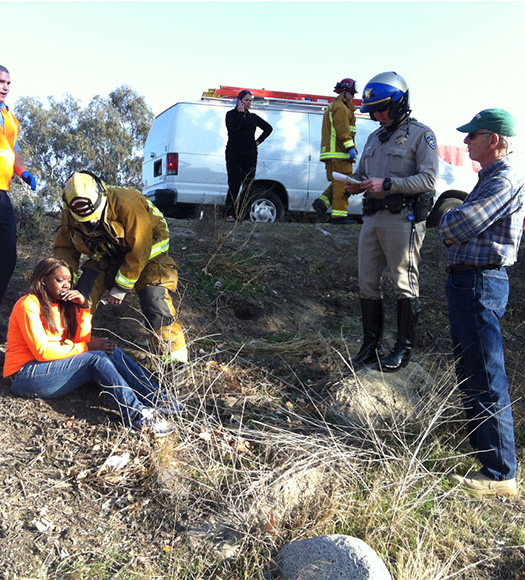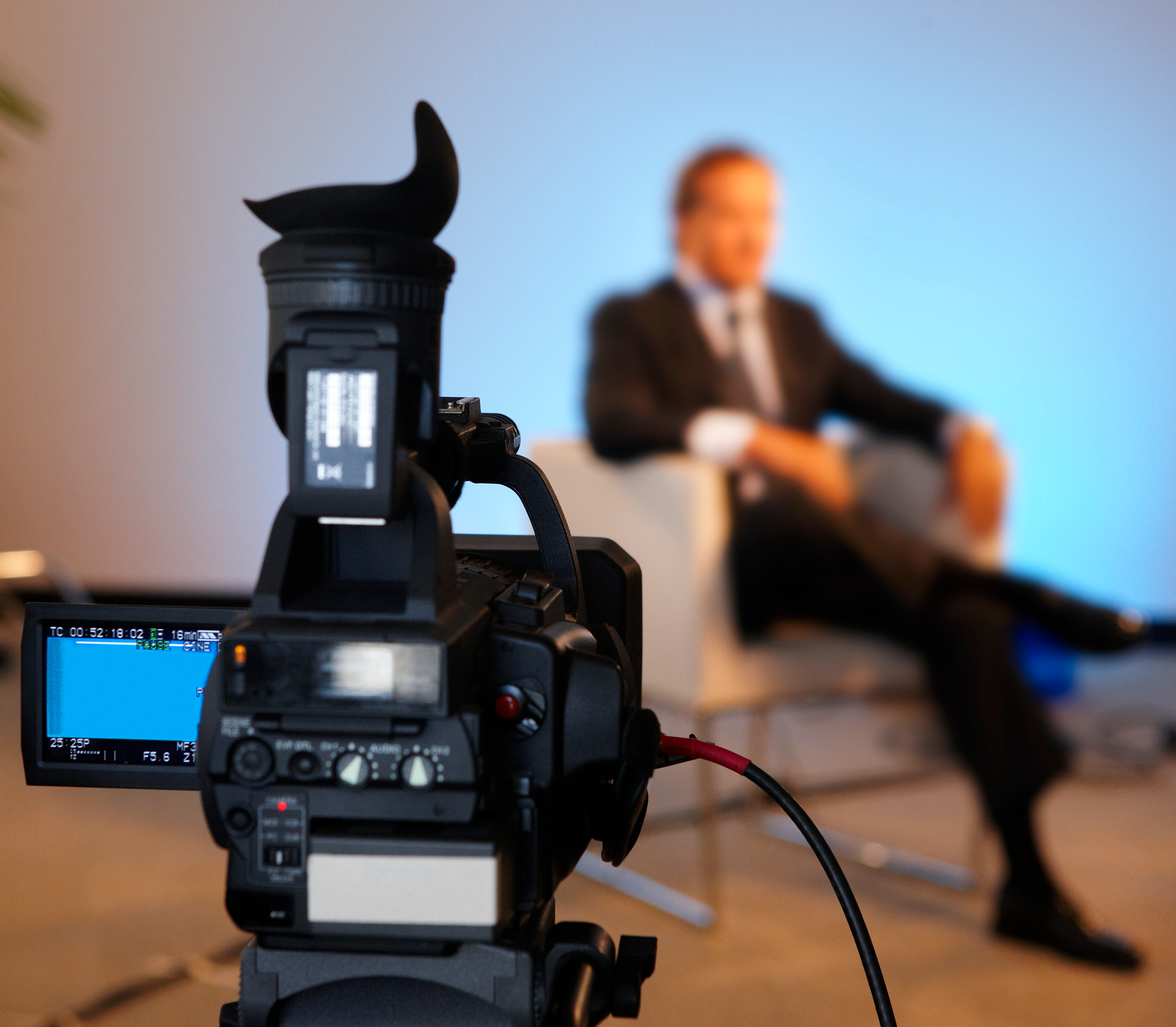How legal video depositions enhance witness credibility in litigation processes
The Value of Legal Video Depositions in Modern Legal Services: What You Need to Know
Lawful video depositions have come to be necessary in today's legal landscape. They provide a multidimensional sight of witness testaments that standard records merely can not match. By catching both non-verbal and verbal interaction, these depositions improve the total understanding of a witness's reliability. The performance of video depositions pivots on different factors, consisting of compliance with lawful requirements and finest techniques. Exploring these components reveals their real value in contemporary lawful services
What Are Legal Video Clip Depositions?
Lawful video depositions function as an essential device in the lawsuits process. They entail recording witness statements in a video clip layout, capturing both spoken and non-verbal interaction. This approach allows attorneys to document the attitude, expressions, and responses of witnesses, giving a richer context for the testament. Generally carried out in a regulated setting, these depositions are led by lawyers that ask concerns while a court press reporter documents the discussion. The resulting video clip can be essential for trial preparation, as it allows attorneys to analyze the credibility of witnesses and refine their techniques. Furthermore, legal video clip depositions can be made use of in numerous legal contexts, varying from civil disagreements to criminal instances. The acoustic and visual aspects of video depositions enhance the presentation of proof, making it an essential component in the modern lawful landscape. On the whole, they add substantially to the performance and efficiency of legal proceedings.

Advantages of Video Depositions Over Conventional Techniques
Video depositions offer countless benefits contrasted to standard techniques of taking witness testaments. One considerable benefit is the ability to capture both audio and aesthetic elements, giving an extra detailed document of the witness's declarations. This dual layout improves clearness and allows attorneys to reference specific subtleties throughout trial prep work. Furthermore, video depositions assist in remote participation, making it less complicated for witnesses who might be not available for in-person appearances as a result of geographical restrictions or health issues.Moreover, video clip depositions can speed up the general deposition process, lowering the moment and costs connected with travel and logistics. They also improve availability, as taped depositions can be easily shared amongst legal groups and referenced any time. This ease contributes to far better case management and preparation. Generally, video depositions stand for a modern, effective approach to collecting witness testimonies, lining up with the progressing needs of the lawful profession.
The Function of Body Movement and Tone in Testimonies

In lawful video depositions, body language and tone play essential functions in communicating a witness's reputation and credibility. Nonverbal hints can give understandings right into a witness's emotional state, influencing exactly how their statement is viewed. Recognizing the influence of these components is important for attorneys and jurors alike when assessing the reliability of a statement.
Nonverbal Communication Insights
While spoken interaction is often emphasized in legal testimonies, nonverbal cues such as body language and tone play an important function in communicating reputation and feeling. Viewers of depositions might keep in mind that a witness's pose, gestures, and faces can considerably affect understandings of reliability. Consistent eye contact might signify self-confidence, while avoiding stare can recommend deceit or discomfort. In a similar way, the intonation-- its rate, quantity, and pitch-- can give feelings of sincerity or unpredictability. Attorneys need to be attuned to these nonverbal signals, as they often give vital context that complements talked words. Comprehending these nuances can improve the efficiency of depositions and influence the result of legal procedures.
Emotional Tone Effect
The emotional tone communicated throughout legal testaments considerably influences exactly how a witness is perceived. Body movement, singing inflections, and faces play vital roles in shaping the story of a testament. A witness exhibiting self-confidence through consistent eye call and a calm tone can impart a feeling of reliability and interaction. Conversely, indicators of anxiety, such as fidgeting or an unsteady voice, may lead to skepticism concerning their account. The subtleties of emotional expression can affect the analysis of facts, making it important for attorneys to acknowledge these cues. In video depositions, the acoustic and aesthetic elements incorporate, highlighting the value of emotional tone in communicating genuineness and truthfulness within the legal process.
Reliability and Dependability
An essential consider establishing reliability and dependability throughout testimonies lies in the witness's body language and tone of voice. Viewers frequently depend on non-verbal hints-- such as eye call, position, and motions-- to analyze a witness's sincerity. A witness who keeps eye call and shows open body language may be regarded as even more straightforward and dependable than one that prevents eye contact or appears shut off. Furthermore, intonation plays an essential duty; a constant, tranquil tone can reinforce the credibility of the testament, while variations in pitch or volume may raise doubts. Ultimately, the combination of body movement and singing tone substantially affects exactly how a witness's statements are obtained and analyzed in a legal context.
Best Practices for Conducting Video Clip Depositions
Performing video depositions needs careful preparation and execution to assure a efficient and clear presentation of statement. It is vital to choose a silent, well-lit location to minimize disturbances and protected optimal video clip high quality. The equipment needs to be examined beforehand, including electronic cameras, microphones, and lights, to stay clear of technical concerns during the deposition.Next, events included must assess the style and procedures ahead of time, making sure that every person understands their duties. The deponent should be informed informative post on the process, including just how to respond plainly and concisely.Additionally, maintaining a professional temperament throughout the session is vital. This consists of avoiding talking over each other and confirming that all concerns are guided suitably. Finally, it is vital to tape the deposition in a format that permits simple playback and testimonial, maintaining the integrity of the statement for future usage.
Lawful Factors To Consider and Conformity Issues
Exactly how do lawful considerations and conformity issues affect the performance of video depositions? Lawyers must browse an intricate landscape of policies, making certain that video depositions comply with jurisdictional Recommended Site guidelines and criteria. Compliance with legislations worrying privacy, permission, and tape-recording techniques is vital. For example, getting explicit permission from all celebrations entailed is required to avoid lawful repercussions.Additionally, the admissibility of video clip proof in court can rest on conformity with procedural needs. Ensuring that the tools utilized satisfies technical requirements is additionally essential, as bad top quality can threaten the deposition's reliability.Moreover, lawyers need to understand any certain state laws that govern video clip depositions, as these can differ significantly. Failing to attend to these factors to consider can not just jeopardize the honesty of the deposition but additionally affect the overall instance technique, inevitably affecting the customer's legal end results.
Just How Video Clip Depositions Impact Court Perception
While video clip depositions can act as powerful tools in lawful procedures, their impact on court perception is substantial. The visual and acoustic elements of video recordings give jurors with a more thorough understanding of witness demeanor, credibility, and emotional actions. This multimedia approach can boost the jurors' capacity to evaluate the integrity of testament compared to conventional text-based transcripts.Moreover, video depositions permit jurors to observe body language, tone of voice, and faces, all of which can influence their analysis of the witness's declarations. The presence of a witness on screen can humanize them, promoting compassion and connection, which may guide jurors' opinions. Conversely, a witness that shows up unreliable or incredibly elusive on video clip may cause negative perceptions that influence a jury's choice. Ultimately, the dynamic nature of video depositions plays an important function in shaping exactly how jurors translate evidence and reach their decisions.
The Future of Video Depositions in Legal Technique
As Discover More advancements in technology continue to reshape the lawful landscape, the future of video clip depositions is positioned for considerable development. Advancements such as expert system, online truth, and improved video conferencing tools are expected to streamline the deposition process and enhance ease of access. Lawyers may make use of AI-driven analytics to analyze witness credibility and instance stamina a lot more effectively.Moreover, the combination of online truth could permit courts to experience immersive simulations of depositions, offering deeper context and understanding. In addition, the pattern toward remote depositions is most likely to continue, using greater adaptability for lawyers and clients alike.As remote work comes to be progressively normalized, video clip depositions will likely become standard technique, decreasing costs and time restrictions related to standard methods. On the whole, these technological advancements assure to enhance the performance, effectiveness, and availability of video depositions in lawful practice, inevitably transforming just how lawyers prepare for test.
Regularly Asked Concerns
Just How Much Do Legal Video Clip Depositions Generally Expense?

Can Video Clip Depositions Be Made Use Of in Any Type Of Kind Of Instance?
Video depositions can be utilized in numerous sorts of instances, consisting of civil, criminal, and household law. Their adaptability enables lawyers to existing witness testimonies successfully, adjusting to the details needs of different legal situations.
What Devices Is Required for a Video Deposition?
To perform a video clip deposition, essential devices includes a premium video camera, microphone, lighting, and a reliable recording tool. Furthermore, a computer system with modifying software program may be needed for post-production and formatting the last video clip.
The length of time Does a Typical Video Deposition Last?
A typical video deposition lasts between 2 to four hours, depending upon the intricacy of the case and the number of questions positioned. Extensive sessions may happen, yet breaks are generally integrated for individual comfort.

Are Video Depositions Admissible in Court?
Video clip depositions are generally admissible in court, provided they abide by legal criteria and policies of proof. Their usage improves clarity and preserves witness testament, assisting in the judicial process during hearings and tests. Legal video depositions have ended up being crucial in today's legal landscape. Furthermore, legal video clip depositions can be used in different lawful contexts, varying from civil disagreements to criminal instances. In addition, video clip depositions facilitate remote participation, making it simpler for witnesses who might be not available for in-person appearances due to geographical restraints or health and wellness issues.Moreover, video depositions can speed up the overall deposition procedure, minimizing the time and expenses connected with traveling and logistics. Making sure that the devices utilized satisfies technical criteria is also essential, as poor quality can weaken the deposition's reliability.Moreover, attorneys should be aware of any specific state legislations that control video clip depositions, as these can vary considerably. Furthermore, the fad toward remote depositions is likely to linger, supplying better versatility for attorneys and clients alike.As remote work becomes increasingly stabilized, video depositions will likely become basic technique, decreasing costs and time restrictions connected with traditional techniques.